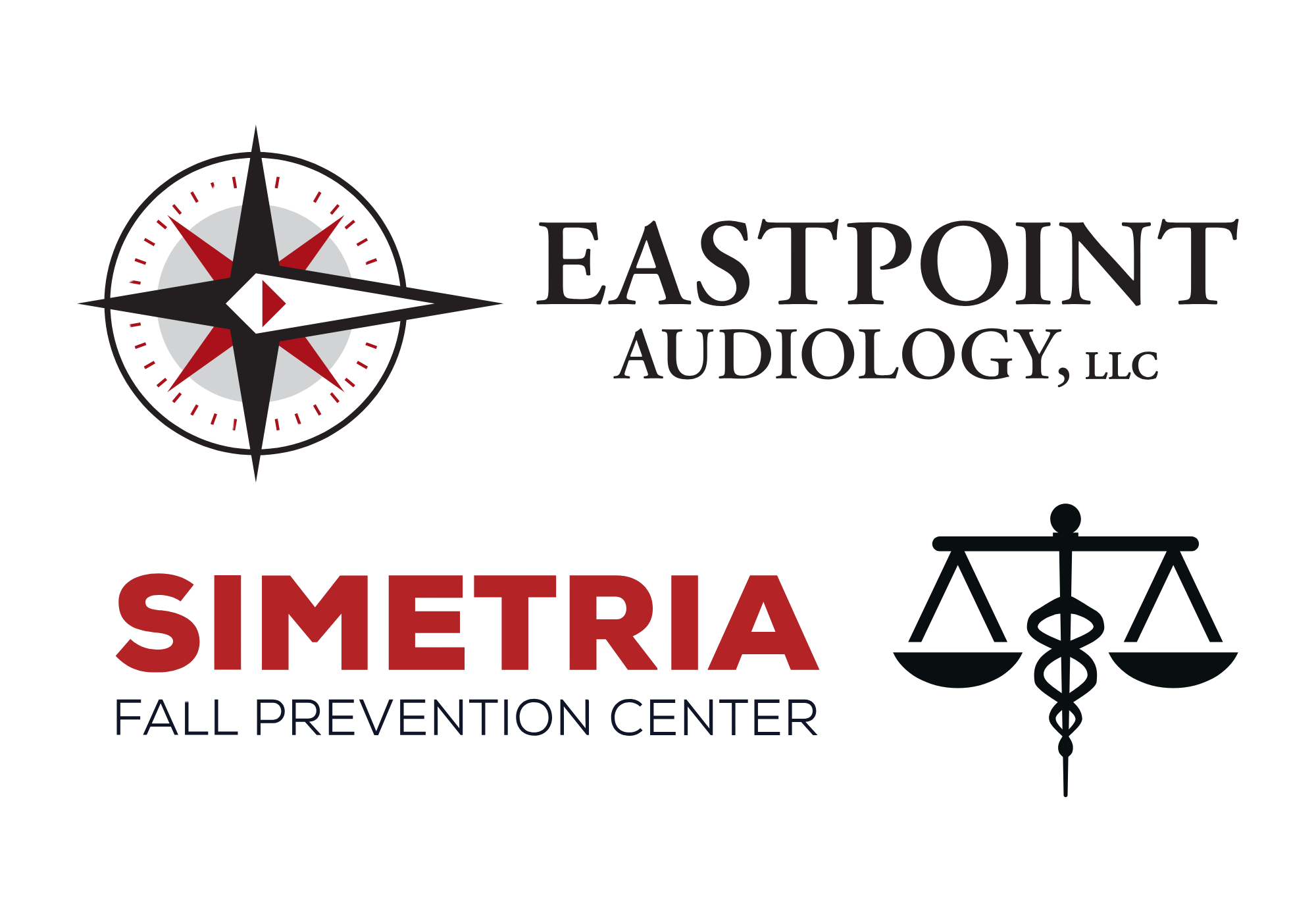Most hearing loss is subtle at first, and you may not even notice a change. In fact, it is usually family and friends who alert someone to their hearing issue. Although children are regularly tested, many adults do not think about scheduling a hearing exam like they would for their vision.
Indications That You Might Require a Hearing Assessment
There are lots of daily situations where you may not be hearing everything and certainly not hearing what others do.
- Are you regularly asking people to repeat themselves?
- Do you notice that you are increasing the volume on your TV?
- Is it harder to hear everyone at a loud restaurant?
- Are miscommunications or misinterpretations in your personal or professional life leading to disputes?
Such episodes can occur regularly and have a lasting impact on interpersonal connections.
Important Benefits of Scheduling Regular Hearing Assessments
According to the standards provided by the American Speech-Language-Hearing Association, adults are recommended to have a hearing assessment every 10 years before reaching the age of 50. For adults aged 50 and above, it is recommended to have a hearing screening every 3 years.
1. Family History
If other members of your family have hearing issues, this is a very good reason to schedule a hearing exam with a hearing professional.
2. Establish a Reference Point for Your Present Hearing Level
Once you are aware of your hearing ability in each ear, you become aware of any problems.
You may be missing certain sounds or experiencing slight hearing difficulties that could signal the need for further assessments or interventions.
3. Helps Gauge Future Changes
Every new test will compare new information with previous assessments. Some changes occur gradually, and the tests will recognize any changes even if you don’t.
4. Helps Diagnose and Treat Early Issues
New tests monitor changes and how rapidly they are occurring, which can help diagnose and manage issues early, including a buildup of earwax or noise-induced hearing loss.
5. Identify Health Issues
Sometimes hearing loss is a symptom of an intrinsic medical condition including diabetes and high blood pressure (connected to hearing loss and tinnitus), plus cardiovascular disease and kidney disease. Managing the root medical conditions that are causing it could potentially alleviate hearing loss.
6. Minimize Additional Harm
If a patient does not receive treatment, they might experience feelings of depression and anxiety in social situations, resulting in enhanced isolation and worsening of their depression. Seniors who have hearing problems can have increased accidents when they don’t hear warning signals like car horns, smoke alarms, and other sounds that mean danger. Furthermore, research has revealed a connection between unaddressed hearing loss and an increased danger of developing cognitive decline and experiencing falls.
Getting the Answers You Need
You may have wondered if you’re experiencing some degree of hearing impairment. Now you have answers, including the knowledge that hearing aids will enhance not only your hearing but also your relationships with family, friends, and colleagues.
Once your hearing loss is managed with the suitable hearing aids, you’ll be able to hear more efficiently during discussions or work meetings, or simply listen to your child’s laughter or a loved one’s voice.
Reach out to us to arrange a hearing assessment or if you’re worried that you might be experiencing hearing troubles.

